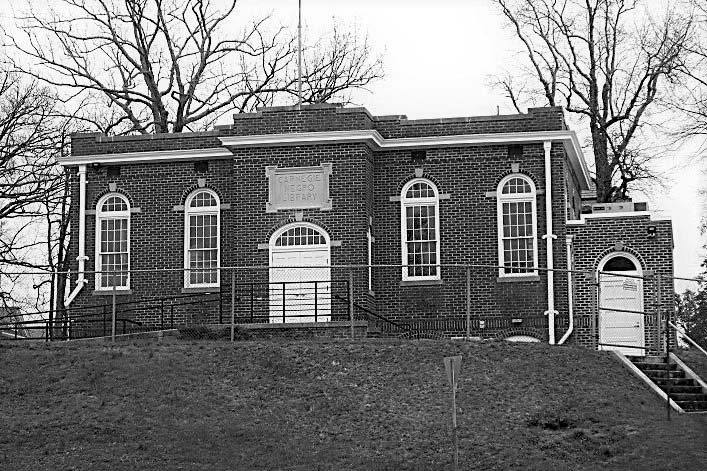Readings for the Forgotten History
Why?
Daniel Boorstin has noted that what we think is history, is sometimes something else.
My life as a historian has brought me vivid reminders of
how partial is the remaining evidence of the whole human past,
how casual and how accidental is the survival of its relics.
Read this one and plan to post a consideration about it.
He posited several "laws" about what we know of the past. Among them were ...
-
The Law of the Survival of the Unread - the more widely used a document,
the more likely it is to have disappeared or been destroyed.
...
reminders of the casual and accidental causes of preservation, survival and accessibility.
These only confirm our doubts that there is any positive correlation between survival
and importance as clues to the past.
Survival is chancy, whimsical and unpredictable.
-
Survival of the Durable, and That Which Is Not Removed or Displaced
... the tendency toward emphasis on the monumental, on experience recorded in writing or in books
In the United States this bias obscures some of the peculiar achievements
of a mobile and technologically progressive civilization ...
-
Survival of the Collected and the Protected ...
governments keep records, while families and other informal groups seldom do.
Yet informal groups ... were among the most remarkable and most characteristic of American communities.
Much of the peculiarly American experience, which has had this voluntary, spontaneous character,
has eluded historians.
What?
What do we know about North Carolina public libraries that no longer exist, for some reason?
Glance over these and think about what they tell us
We'll spend some time discussing these readings in light of current perceptions and realities.

